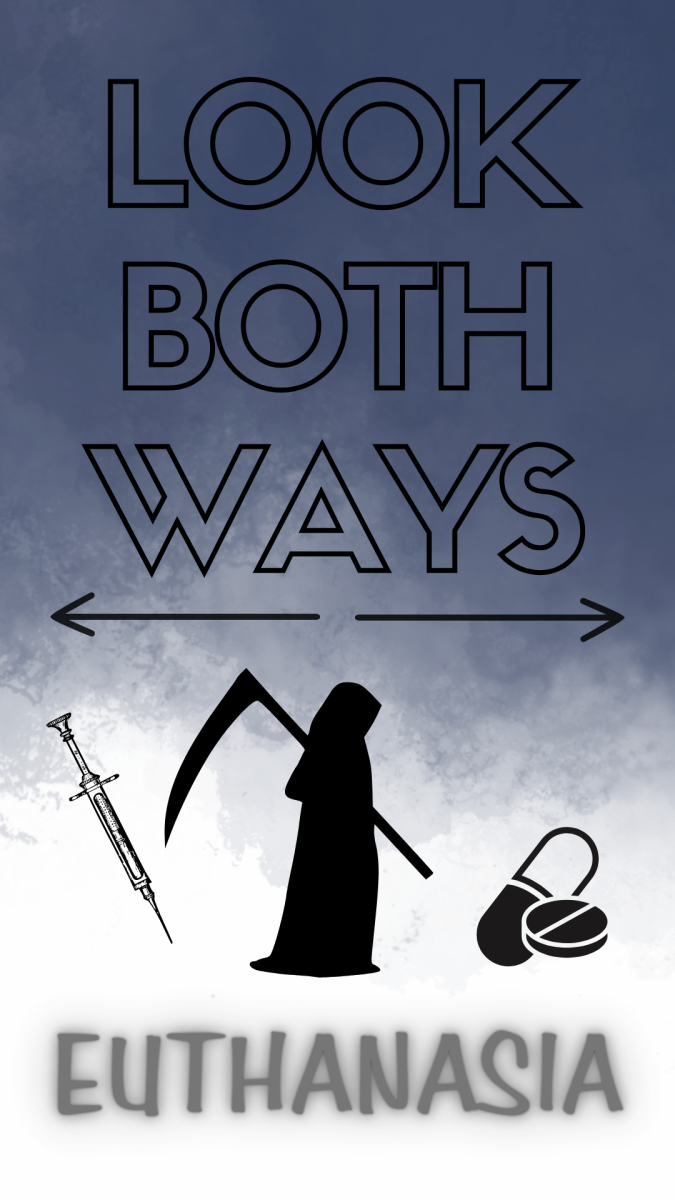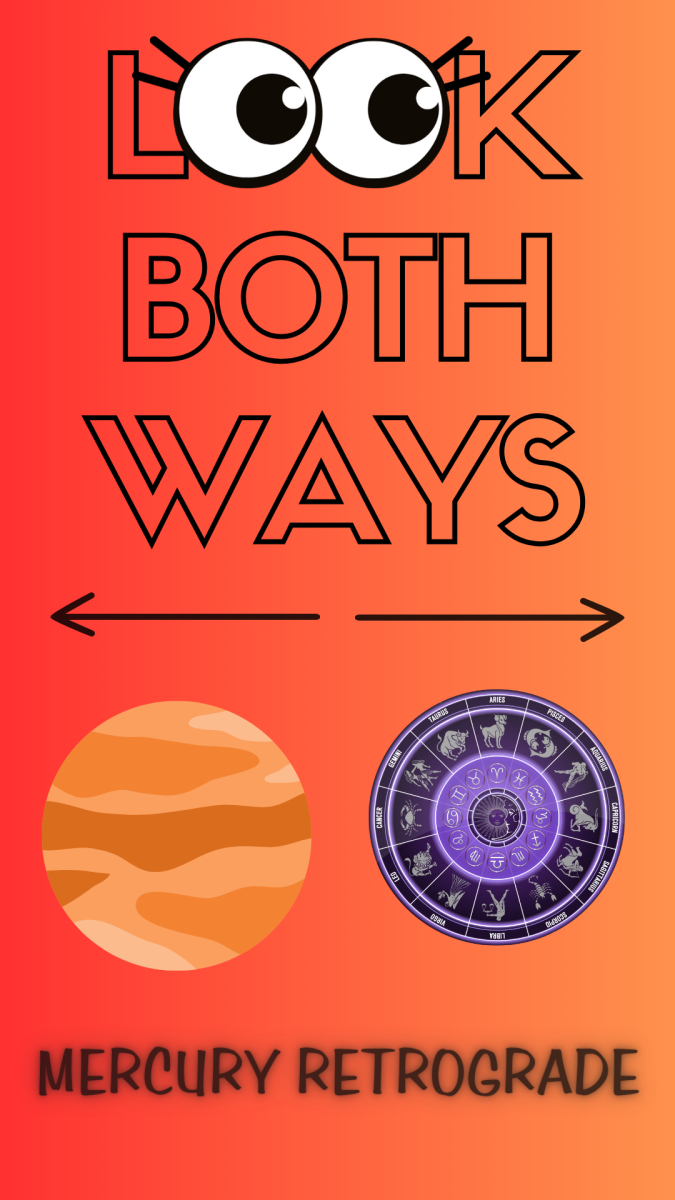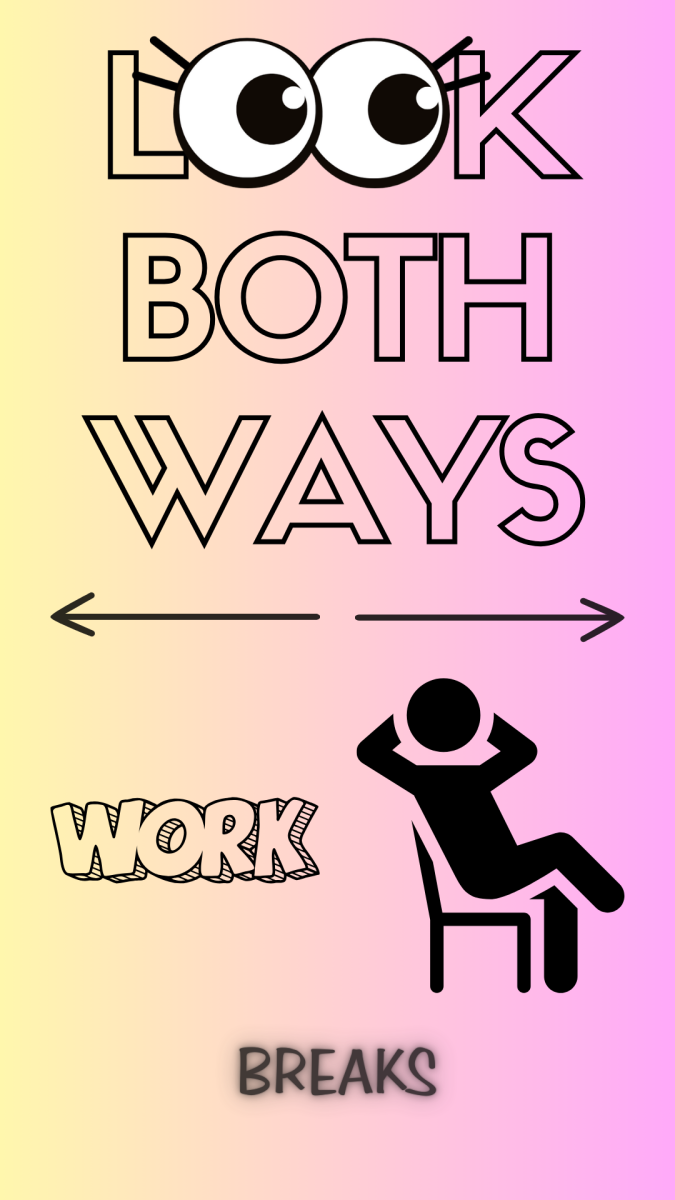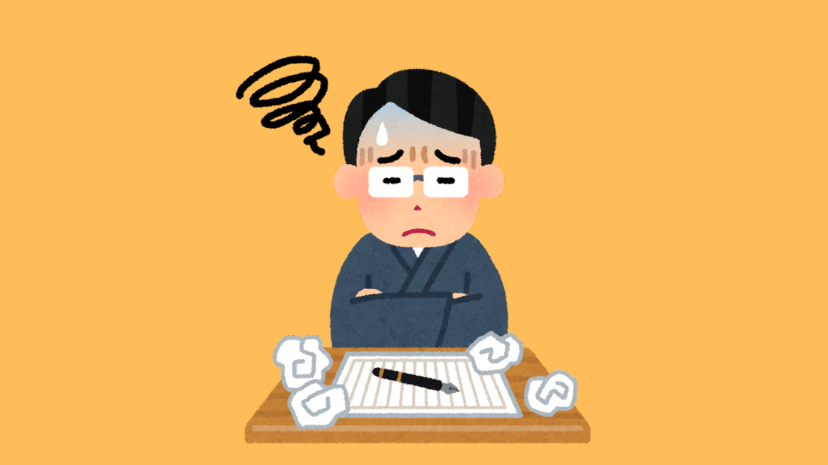Euthanasia, or assisted euthanasia, is the painless killing of a person who is suffering from terminal illness, chronic incurable pain, or has little time left to live. People opt for this to end their suffering and pain. The debate of euthanasia is such a hot button issue due to disagreements over the morality of ending someone’s life, even if they are terminally ill or are in chronic pain. The practice is legal in some U.S. states, but not all.
EUTHANASIA SHOULD BE LEGAL
By: Kahlil Kambui, Opinion Columnist
Many people face the reality of suffering from chronic pain, terminal illnesses and other ailments or disabilities that cause them to have a poor quality of life, knowing they won’t get better. They have the right to opt for euthanasia and end their suffering.
If the process is consensual, there is nothing wrong with euthanasia. People without terminal illnesses should not dictate whether someone can ask for assisted euthanasia. If their quality of life is low because of their ailment, let them choose.
It’s easy for people who are not in that situation to believe wanting to die is wrong. But when your quality of life is so poor because of your illnesses, it is more inhuman to let them suffer than to allow them the choice to end their life.
Assisted euthanasia is legal in 10 states but should be legal in all 50. Currently, to be eligible for assisted euthanasia you must be 18 years old, in a legal state and have six or less months to live with two physicians confirming your terminal illness. You must also be mentally sound and able to make your own decisions, among other requirements, according to Death with Dignity — a nonprofit organization.
These requirements are to ensure the patient is fully educated and consenting to the procedure while barring ineligible people from the practice.
A common argument against assisted euthanasia is that people have the option of palliative medicine easing the pain and suffering of patients. The ethics of palliative medicine has raised concerns as there are possibilities of reducing patient consciousness to where the patient is unable to interact with others, eat, drink and change their mind. There is also no scientific evidence concerning the most appropriate medicine to effective palliative sedation, according to the American Academy of Hospice and Palliative Medicine.
Generally, assisted euthanasia procedures take place in homes or care facilities. Patients take an anti-nausea drug followed by lethal medication. However, they can change their mind about the procedure until the lethal medication is administered, according to Death with Dignity.
Euthanasia gives already sick and dying people the option to end their pain. There is nothing wrong with that. Living a life of pain is not living at all. All people should have the choice to end their suffering in a peaceful way.
EUTHANASIA SHOULD BE ILLEGAL
By: Emily Beebe, Senior Opinion Columnist
Life is a precious gift that should be cherished. Euthanasia should not be performed on patients because they should make the most of their life.
Euthanasia is when doctors administer life-ending medication to patients, according to the University of Missouri.
Suffering patients can still have fun experiences — maybe they shouldn’t be skydiving — but even just watching TV or spending time with family has meaning. Individuals don’t have to be incredibly adventurous or go all out to enjoy life.
There are two different types of euthanasia: voluntary and involuntary, according to Healthline. For a doctor to perform voluntary euthanasia, the patient must consent and be in a sound state of mind. Involuntary euthanasia is when someone else makes the decision to end somebody’s life. However, just because patients are in a sound state of mind when they consent doesn’t mean that it’s the right thing to do from a moral sense.
Then, if patients have mental health afflictions, they may not be capable of making that decision. Once a patient makes an irreversible decision like euthanasia, there’s no opportunity to take it back.
Occasionally, patients could make life-changing medical decisions without consulting friends or family. The patient’s family members may not want them to die, even though the patient may be in a lot of pain.
Euthanasia, additionally, is illegal in a majority of U.S. states. However, there are some states where euthanasia is legal. If it’s illegal in a majority of the states, it’s for good reason. Euthanasia is extremely unethical and should be illegal in all states.
Instead of euthanasia, doctors should do palliative sedation which is when doctors give medication to ease severe pain, according to the American Academy of Hospice and Palliative Medicine. Palliative sedation could ease pain in terminally ill patients and puts them at ease without ending their life. However, some people may still choose physician-assisted suicide if they want to end their life. If doctors perform palliative sedation instead of euthanasia, patients could have another option besides dying.
Life is something that should be enjoyed, and people should make the most out of their life, even toward the end.
After all, you only live once.




















